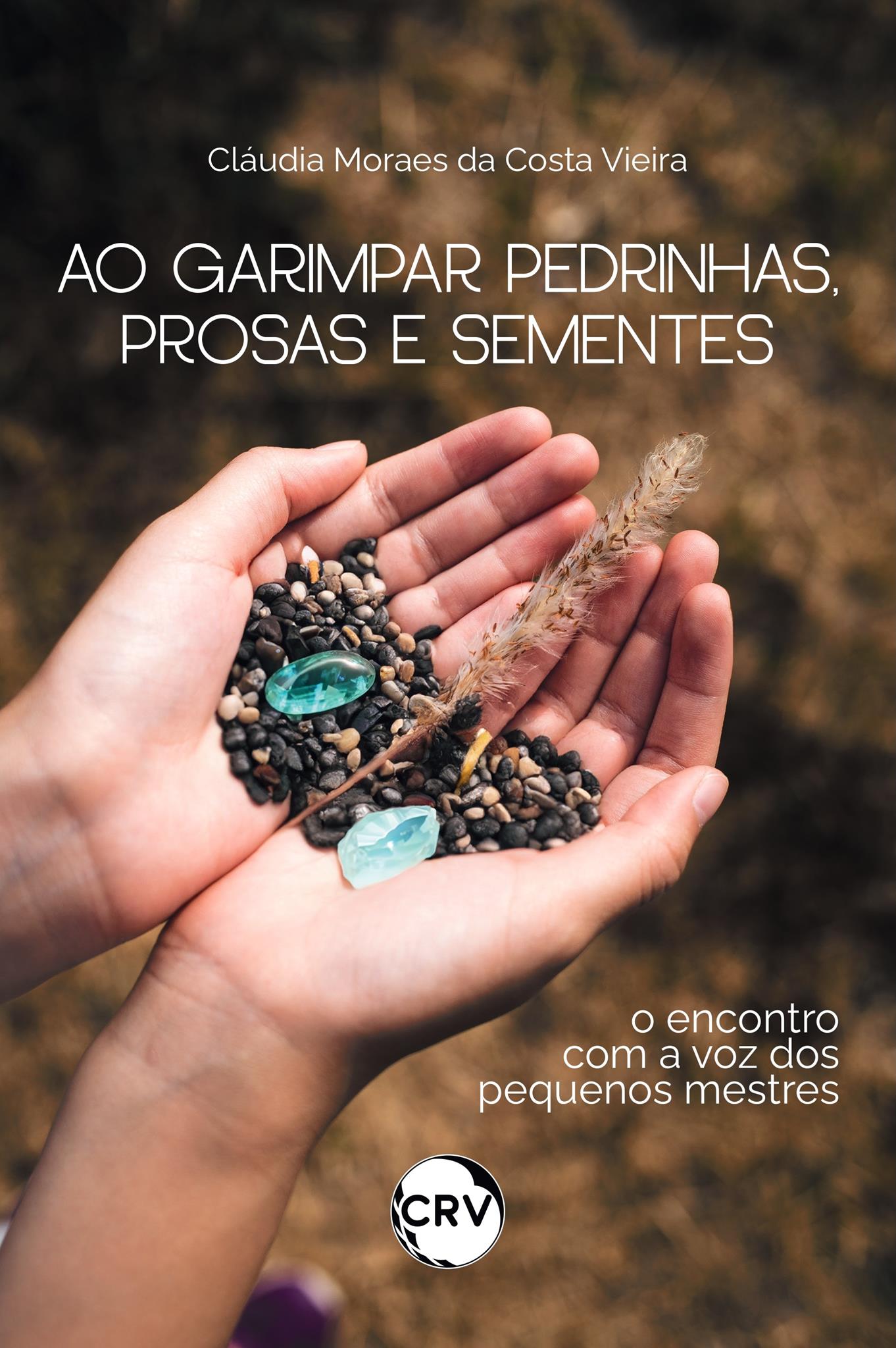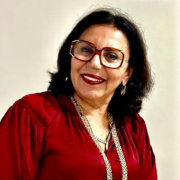
With over three decades dedicated to the Federal District Department of Education, educator and researcher Cláudia Moraes da Costa Vieira presents the book Ao garimpar pedrinhas, prosas e sementes (Ao garimpar pedrinhas, prosas e sementes), a work that intertwines classroom memories, reflections on nature, and humanizing educational practices. A result of her career and studies in human and environmental ecology, the book proposes education as a path to care, transformation, and the construction of a democratic and sustainable society.
The book’s title speaks of “mining for pebbles, prose, and seeds.” What are these small, everyday discoveries that have most transformed your practice as an educator?
All these small discoveries came about through observing and listening to students, especially during group activities, which allowed them to feel more free. In these moments, I realized how they are human beings, just like us teachers. I discovered that they carry their own lives, with pain, dreams, struggles, and diverse desires. Every day, I discovered that schooling is not disconnected from the process of existence.
In over 30 years at the Federal District Department of Education, you’ve accumulated a wealth of experience. Is there a defining classroom experience that served as a turning point in your pedagogical approach?
Early in my career, I had a child who displayed a tendency to distance himself from his classmates and responded to everything with punches and kicks. In class, we used to sing and sit on the floor when we worked with gold materials, so we could understand mathematical processes. At the end of class, he ran out, came back quickly, kissed me, and ran away so I wouldn’t see him.
You incorporate methodologies like conscious breathing and dialogue into your practices. How do students respond to this approach, and what results have surprised you most?
The answer comes in the process, not immediately. When they realize they are part of the methodologies, they begin to identify with them, acquiring the ability to listen and speak from the perspective of producing questions and arguments, and recognizing error as a possibility for learning. All of this reverberates in their writing, reading, presentations, and way of interacting.
For you, education seems to be more than just the transmission of content: it’s also a space for care, affection, and politics. How do you balance these dimensions in an educational landscape often pressured by immediate results?
Balance comes from the process of connecting the cognitive knowledge and skills that are part of the official curriculum with the knowledge and skills of life, the formation of a citizen. Seeking connections with the school curriculum in everyday issues, both local and historical culture, is key. Bringing elements into classrooms that give meaning and significance to learning.

The book discusses restorative environments and formative assessment. What needs to be done to ensure these practices gain more traction in Brazilian schools?
I believe that training that brings meaning to teachers allows them to reframe what they learned. We need to broaden environmental concepts, bringing learning closer to inhabiting planet Earth, especially living without devastation, in a more conscious way. This should be done in a reflective and therefore evaluative manner, seeking comprehensive assessment.
Your writing connects pedagogy and ecology. How can nature become a “living classroom” for developing more conscious citizens?
When we consider Pedagogy as a space and time for research and pursuit of an epistemology that can develop methodologies that allow us to bring human issues into the classroom, we reflect on our dwelling here, not as something ready-made, but as something constituted within us: internal and external. Such as the processes involving climate change, in which small local projects are introduced to empower us to reflect, plan, act, and evaluate, in a process of citizenship.
How to transform personal challenges into collective achievements is a theme that resonates throughout your career. What advice would you give to educators today who face burnout, devaluation, or a lack of hope?
I suggest that you revisit your own educational trajectory, the trajectory of your category, and the trajectory of your colleagues who work alongside these teachers. Build support networks, spaces for dialogue, and communities of knowledge as a way to nourish yourselves for the constant struggles and resistance that education and teachers themselves face. The important thing is to understand that teachers, students, and everyone involved in the educational process must establish collaborative dialogue.
When mining pebbles, prose, and seeds, it’s also a pedagogical autobiography. What do you hope readers—teachers, students, or administrators—will feel upon finishing your work?
May we be able to produce an ecological education, allowing us to look/feel as beings that inhabit this house called Earth and that the school, being one of these territories, can constitute the conscious work of human existence, in this search to get closer each day to our own humanity so that sharing, ecological awareness and citizenship can dialogue for human formation in an integral way.
Follow Claudia Moraes da Costa Vieira on Instagram


